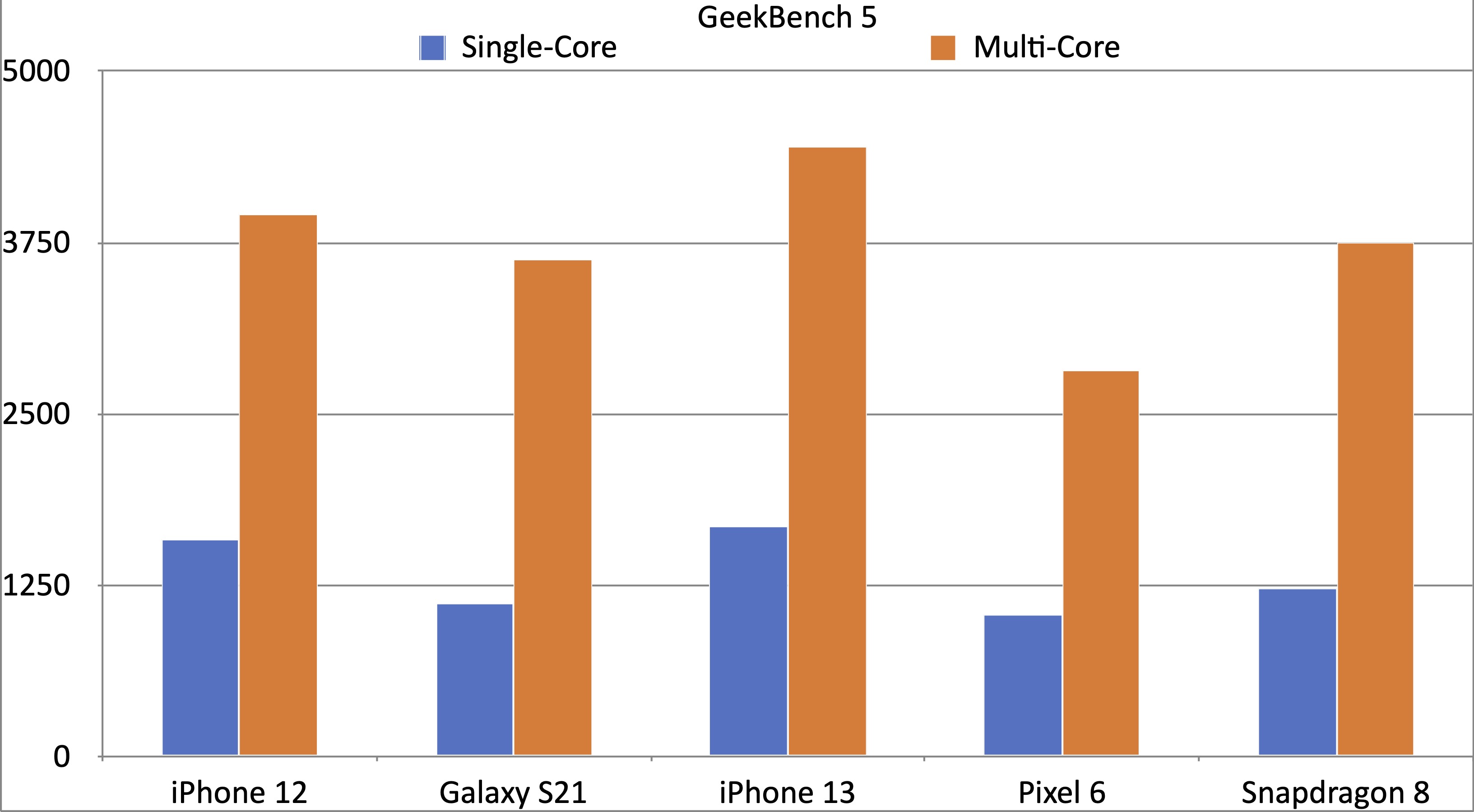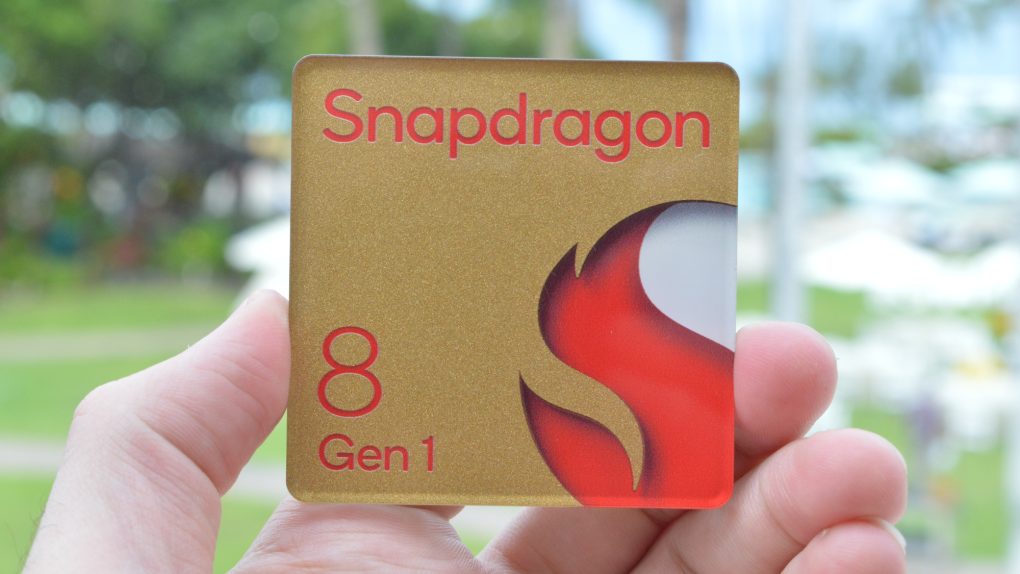Qualcomm has announced its latest and greatest smartphone platform on the form of the new Qualcomm Snapdragon 8. The platform brings an all-new naming scheme, a series of updates in the camera department, and more. It’s the chip that’s likely to feature in the next Galaxy and OnePlus smartphones, along with the newly-announced Xiaomi 12.
But just how well does the new chip actually perform? These days, smartphone platforms don’t emphasize raw performance as much as they do the ability to handle different tasks efficiently and quickly. They have different optimized components to handle specific tasks. But that doesn’t mean that basic performance isn’t important. After all, as smartphone operating systems and apps evolve and get more complex, smartphones need to hold up.
Qualcomm flew me to its annual Snapdragon Summit to check out its Snapdragon 8 reference device, to see just how well it performs against its own previous-generation chips, and the rest of the competition.
Benchmark scores
During our testing of the Snapdragon 8 reference device, we achieved an average GeekBench 5 single-core score of 1231, and an average multi-core score of 3784. This average was observed over three tests.
These scores are good, and represent a slight improvement over the previous-generation Snapdragon 888. The scores slightly beat out the Samsung Galaxy S21 and the OnePlus 9. However, the improvements are perhaps a little less impressive than some might have hoped. These scores still don’t beat the A15 Bionic-equipped iPhone 13. In fact, they don’t even beat last year’s iPhone 12. Here’s a quick comparison of the scores.

A grain of salt
It’s important to take these numbers with a pretty serious grain of salt. The devices that we’re comparing the reference device with have varying amounts of RAM, varying amounts of optimization, and so on.
There’s another reason that benchmarks are becoming less important — the fact that phone chips are becoming more versatile, and using artificial intelligence more. This means that basic CPU and GPU performance isn’t as important, as different tasks on a phone are handled differently on a hardware level. CPU and GPU performance aren’t unimportant, but benchmark scores simply don’t really tell the whole story.
There are plenty of other reasons why the Snapdragon 8 is an upgrade over the last generation Snapdragon 888. The new platform offers Qualcomm’s new Spectra ISP, which supports three concurrent cameras, along with another always-on camera for things like facial recognition. Not only that, but the chipset also offers the ability to capture 8K video in HDR. And, it’s the first platform to support Qualcomm’s Snapdragon Sound tech. Check out this post for more about the Snapdragon 8.
The first Snapdragon 8-powered devices are expected to launch in the next few weeks, though we’re not yet sure if any of them will make it to the U.S. Xiaomi, Motorola, and others are all set to launch devices with the new mobile platform in the near future.








